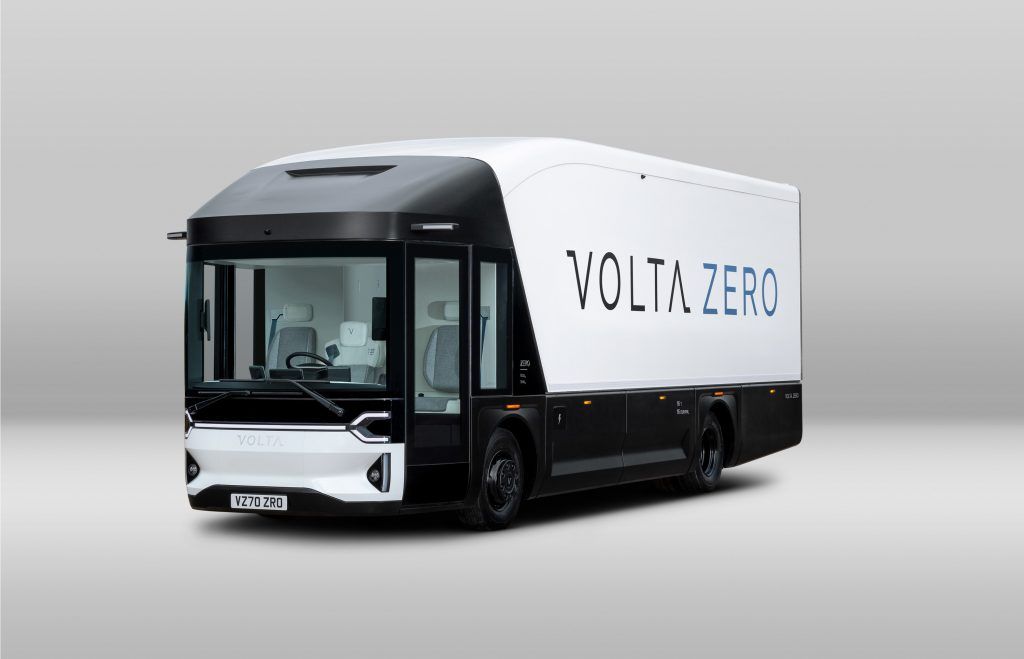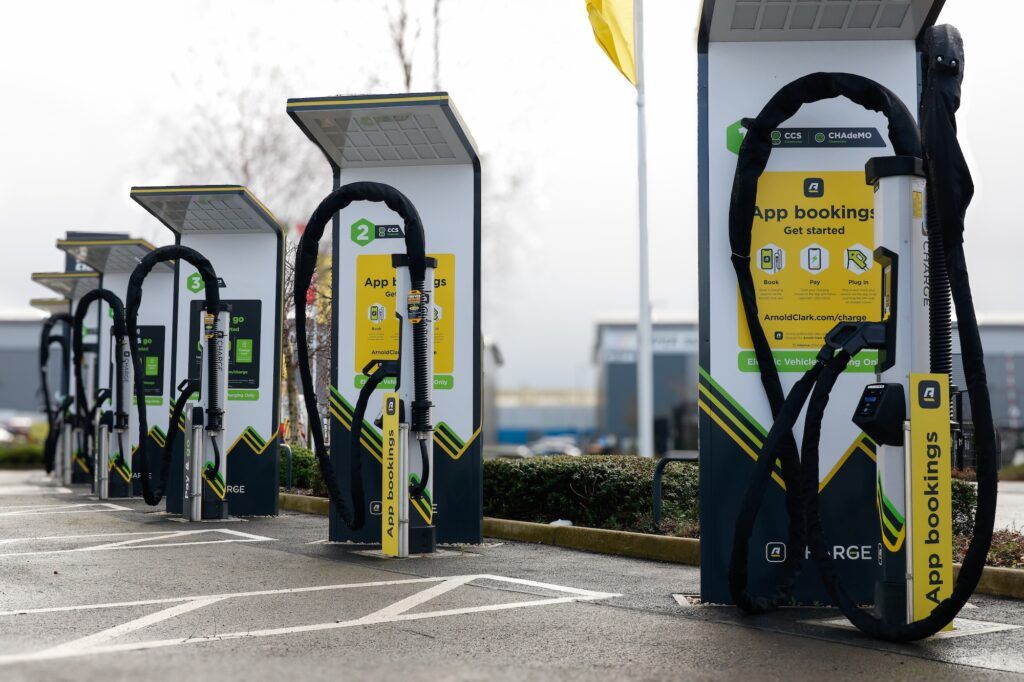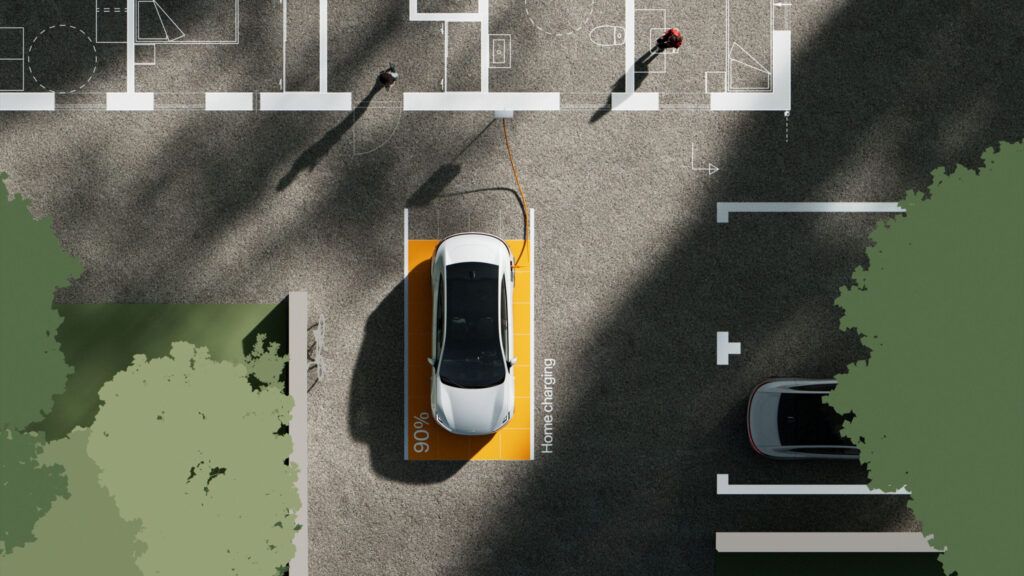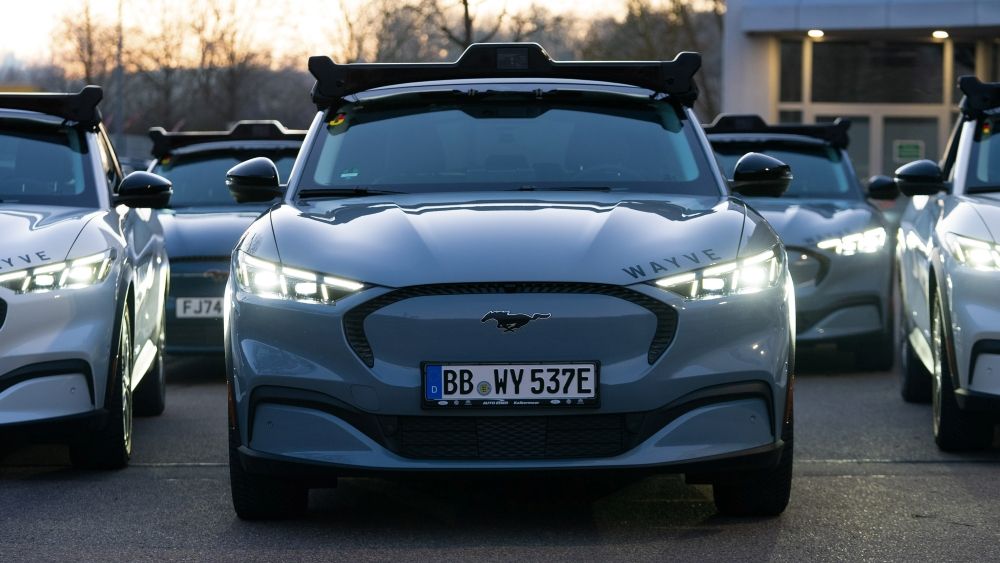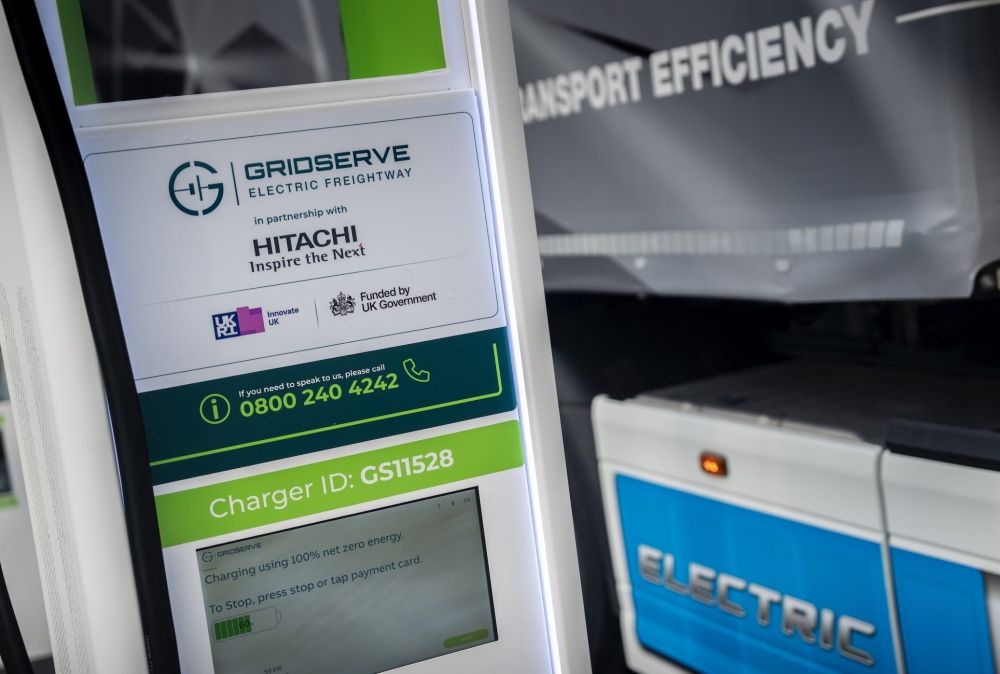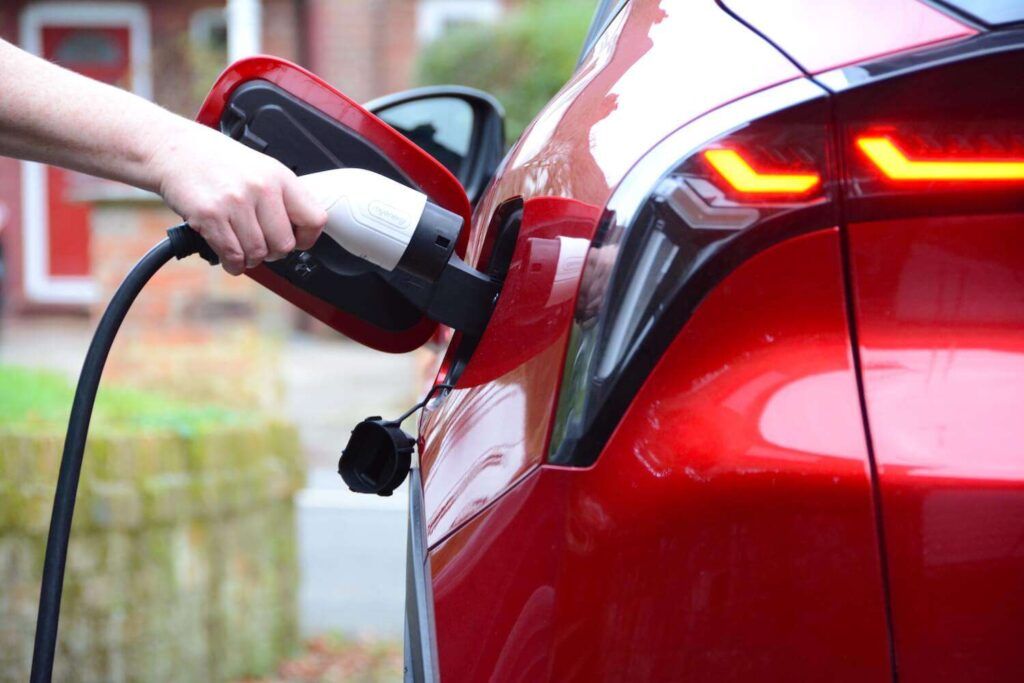More than £200 million of government funding will be injected into an extensive zero emission road freight demonstrator programme.
Transport Minister Trudy Harrison made the announcement at Logistics UK’s Future Logistics Conference earlier this week, with the funding broadly welcomed by the industry.
The three-year comparative programme will begin later this year to help decarbonise the UK’s freight industry with initial competitions for battery electric and hydrogen fuel cell technology launching shortly.
This could see hundreds more zero-emission HGVs rolled out across the nation and save the industry money, thanks to overall running costs of green vehicles being cheaper than petrol and diesel equivalents. More efficient deliveries will in turn enable haulage companies to keep the price of goods down and protect customers from rising costs.
According to the Government, the transition to zero-emission trucks will also help improve air quality, create greener jobs and deliver on COP26 pledges while reducing reliance on imports of foreign oil. Eliminating fossil fuels from road freight and improving the UK’s energy supply resilience will help to protect drivers and businesses from increasing global energy prices.
The demonstrations will help gather evidence on the future refuelling and recharging infrastructure needed to drive the smooth transition to a zero-emission freight sector by 2050.
Transport Minister Trudy Harrison said: “Our road freight industry is one of the most efficient in the world and contributes over £13 billion to the UK economy each year.
“But we must accelerate our journey towards our net zero goals, and we’re committed to leading the way globally on non-zero emission road vehicles. Our ambitious plans will continue to ensure food is stocked on the shelves and goods are supplied while eliminating fossil fuels from HGVs and making our freight sector green for good.”
The demonstrations will help the UK’s freight sector reduce its reliance on fossil fuels by finding which zero emission technologies are best suited to the heaviest road vehicles in the UK.
An open-call competition will be launched for manufacturers, energy providers and fleet and infrastructure operators to showcase their green technology on UK roads. This will begin with demonstrations of battery electric and hydrogen fuel cell HGVs.
The announcement expands the Department for Transport’s (DfT) successful £20 million zero emission road freight trials which ran last year, delivered by Innovate UK.
As part of these trials, commercial vehicle manufacturer Leyland Trucks rolled out 20 DAF battery electric HGVs for use by public sector organisations, including the NHS and local authorities, to support the uptake of battery electric trucks, enabling learning to be gathered from field testing vehicles in a real-world, real-time logistics environment.
This project, along with six successful feasibility studies, helped prepare for the demonstrations, which will take place at scale over the coming years.
Michelle Gardner, Acting Deputy Director – Public Policy, Logistics UK, said: “Logistics businesses are committed to decarbonising their operations, but to ensure a smooth transition they need clarity on the path to zero tailpipe emission HGVs. The trials announced today will play a crucial role in identifying the right technological solutions to help enable this.
“Given the breadth of the vehicles used across the logistics sector and scale of innovation required to reach net zero Logistics UK is also pleased that government has launched a consultation to identify potential exemptions to the 2035 phase out date.”
During the speech in Farnborough, among industry leaders, Minister Harrison articulated plans to deliver on ambitious pledges made at COP26 last year that all new HGVs sold in the UK will be zero emission from 2040. This puts the UK on course to be the fastest G7 country to decarbonise its fleet of road vehicles.
Today, DfT published the full response to a public consultation on phase out dates for the sale of new, non-zero emission HGVs, confirming the scale of its ambition to eliminate carbon emissions from road freight.
Further to this, DfT is fulfilling its commitment to consult with industry to identify potential exemptions to the 2035 phase out date for HGVs, weighing 26 tonnes and under, which may need longer to transition to zero emission technologies. The call for evidence opened today and will last until 22 July 2022.
Industry reaction:
Graeme Cooper, Head of Future Markets at National Grid: “We welcome the next phase of the Government’s zero emission road freight demonstrator programme. This will provide certainty for the trucking and freight industries as they transition to zero emission vehicles. At National Grid we have supported Phase 1 as part of the core advisory group and look forward to supporting this next step. In order for this to deliver real value to the market, it is critical that this proceeds at pace as the technologies are developing quicker than many expected.”
Andy Eastlake, Zemo Partnership’s Chief Executive said: “We welcome this important step on the way to a zero emission HGV fleet in the UK. With many of our members already fully committed and involved in the feasibility work, we know that this funding can really move the dial.
“Zemo has been supporting the Department for Transport and its delivery partners throughout the journey to low – and now zero – emission HGVs and will continue to play a major role in supporting the demonstration programme as well as helping to disseminate the learnings as they emerge.
“It’s important to note that the demonstration programme competition will be open to collaborations between vehicle suppliers, operators as well as infrastructure and energy supply companies; decarbonising transport is going to require an even more collaborative approach involving actors across a wider range of sectors than ever before.
“The vital road freight sector is one of the most challenging to move to zero emissions, but with the innovation we see today, matched by the commitment and funding from Government, plus the undoubted ambition of our members, we’re confident of seeing real progress towards the decarbonisation of our freight sector matched, we hope, by the decarbonisation of the goods they deliver.”
Mike Hawes, Chief Executive of the Society of Motor Manufacturers and Traders (SMMT), said: “Truck manufacturers are committed to decarbonisation, but success will depend not just on manufacturer investment and innovation, but on governments having a strategy that encourages operators to switch and infrastructure providers to invest. The announcement of a government truck trial for long haul freight transport is a great opportunity to ensure Britain develops that strategy, one that puts the right chargers and refuelling facilities in the right places. Manufacturers are bringing an ever-increasing choice of zero emission heavy goods vehicles to market but the variety of jobs HGVs perform for society such as goods delivery, emergency services and refuse collection, all have differing energy needs and hence differing potential technological solutions. A flexible approach to future technology is therefore essential but it should have, at its heart, a collaborative approach between industry, government and other stakeholders.”
Image courtesy of Volta Trucks.




